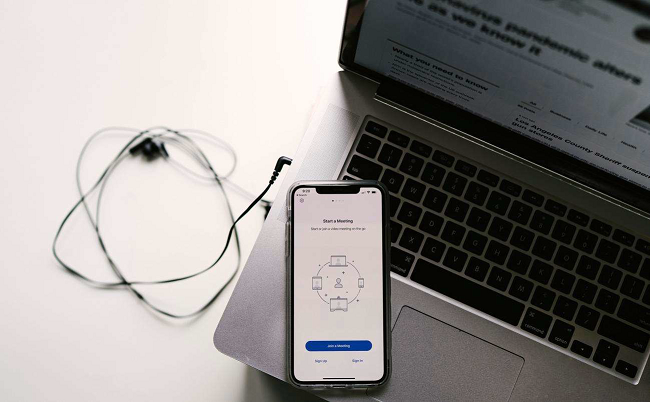For some time now, balancing private and professional life has been a fascinating topic from the European perspective.
The European Parliament resolution on “creating labour market conditions favourable for work-life balance”, with which the EU legislative body supported the smart working (general principle n. 48), dates back to September 2016.
Agile working is defined as “a way of working in which an organization empowers its people to work where, when and how they choose, to optimize their performance”.
Although most of the EU countries apply smart working solutions, they remain confined to a “de facto” situation which is not always being regulated by law. This happens in France, where, through the introduction of the Loi Travail of 2017, the Legislator aimed to make telework more flexible, but also in Denmark, Portugal and Belgium.
On the other hand, laws regarding smart working have been enacted by some European states, such as the U.K., the Northern Ireland, the Netherlands and Italy, where the so called “lavoro agile” has been introduced by L. 81/2017, as a part of the recent reform of labour market.
More in detail, “in order to increase competitiveness and facilitate work-life balance”, the abovementioned Italian law “encourages agile working as a way of performing the employment relationship”. This shall happen thanks to “an agreement between the parties, which shall be achieved through forms of organisation divided into phases, cycles and targets, without the worker being bound to working time or space and by making use (possibly) of any technological tool.
People shall work partly at their workplace and partly from remote within the sole limit of the daily and weekly working hours, as disciplined by law and collective bargaining”.
All the legislative actions described above seem to have developed a win-win perspective: flexibility in organising working time is considered as an instrument able to satisfy both the employer and the worker, having the latter being recognised autonomous in choosing his spaces and working hours, in return for an improvement in the quality both of the working environment and the public image of the company on the labour market, in terms of cost savings, increase of productivity and motivation of the employees.
Now it seems that the ongoing Coronavirus crisis has led many companies to choose smart working, considered as the best solution to the difficult situation created by the outbreak of the Covid-19 virus, which began in China and is rapidly spreading across Europe. Indeed, since the dangerous virus infection also impacted economically vibrant areas, working from home succeeded in balancing the necessity of containing the outbreak and safeguarding the productivity of the companies.
Specifically, the health emergency has given Italy the chance to start the greatest experiment about smart working ever put into practice.
From a regulatory perspective, D.L. 6/2020 (on urgent measures in support of families, workers and companies related to Covid-19) has been enacted in order to allow employers to immediately choose smart working solutions, without the prior – and normally necessary – agreement with the employee.
In any case, apart from finding a vaccine that eradicates Coronavirus as soon as possible, the hope is that this experiment about agile working, started with the spreading of the virus, will stand beyond this exceptional period.
There is no doubt, however, that the higher will be the productivity of the workers from home during this tragic time, the greater will be the chance of holding of the experiment. Only time will tell.
In any case, it is certain that smart working is proving itself to be the most adequate tool in order to avoid the paralysis of the production, by saving numerous enterprises (located in different industries) from closure and by avoiding the development of further financial difficulties for many countries, which have already been damaged by the crisis developed during the last few years. (EP)




